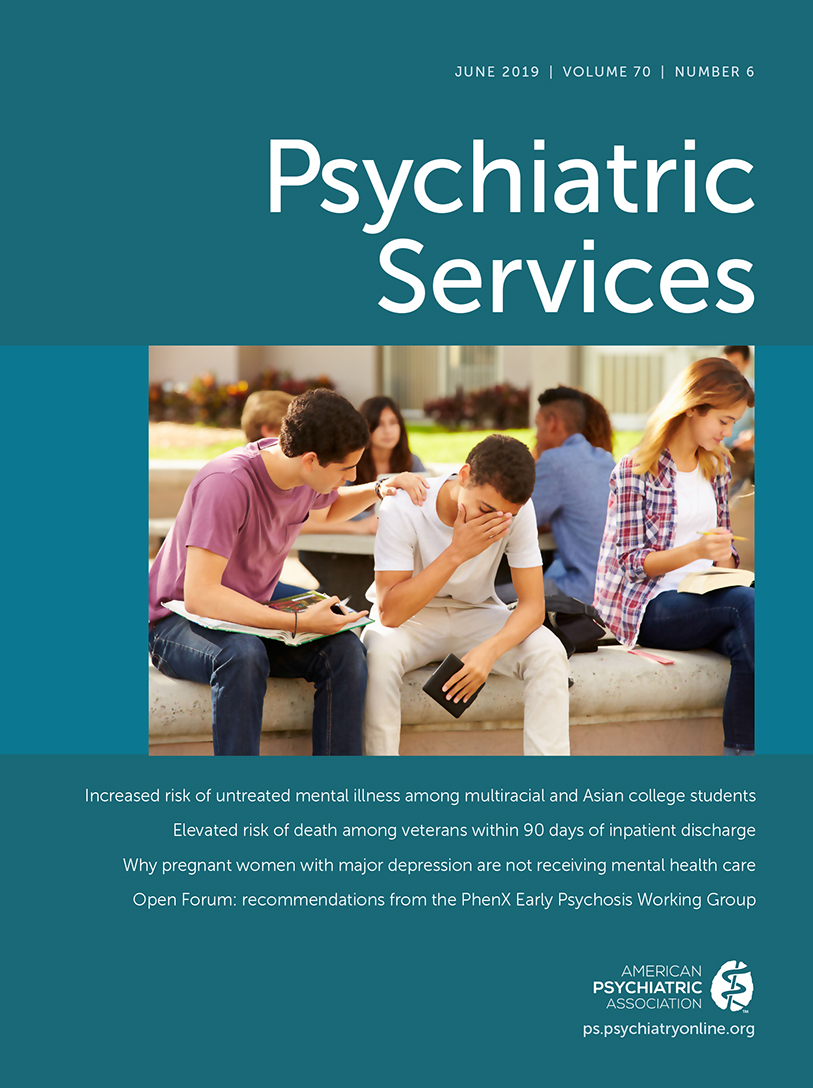Open Dialogue: The Evidence and Further Research: In Reply
IN REPLY: We are pleased to hear that our review (1) has sparked much interest in and debate about the evidence for Open Dialogue (OD). The primary objective of our review was to collect and synthesize the existing qualitative and quantitative research. We reviewed 23 studies, which included observational nonrandomized designs and qualitative studies. There was no evidence from randomized controlled trials, and consequently we concluded that the current evidence for OD is limited. However, we do not believe that this conclusion negates the possibility that OD is effective.
In evaluating the strength of evidence, assessment of the quality of available studies is crucial in order to inform any conclusions drawn from the data generated. The concept of “quality” refers to whether the design, conduct, analysis, and presentation of a study were appropriate to answer its research question (2). We are enthusiastic about the potential impact and appeal of OD, yet the design and methodology of the currently available studies require researchers to be cautious when drawing conclusions given the type of data available.
We were interested to see the latest analysis by Seikkula and his colleagues (3), which compared the original OD cohorts (1992–1993, 1994–1997, 2003–2005) with a historical Finnish control group who received treatment (1995–1996) outside of the region of Western Lapland. As expected, the long-term outcomes reported are consistent with the previous analyses of the same three OD cohorts, which are described in our review (1). However, because of the observational nature of this study, randomized trials are needed to provide more information about the efficacy of the OD approach (3). Further evidence from new patients, beyond this sample (N=108), are necessary to develop a more robust evidence base for OD. For example, trials should include patients who have received OD in Western Lapland since 2005 and patients in other regions where OD has been implemented. Randomized trials where outcomes from patients randomly assigned to receive OD are compared with an appropriate control condition would increase the strength of evidence (4).
Although we maintain that current evidence for OD is limited, we also believe that OD may have significant potential. We are actively engaged with research that aims to understand the effectiveness of OD, including ODDESSI (led by S.P.), a large-scale research program funded by the National Institutes of Health Research in the United Kingdom. A recently funded international research program to develop robust outcome measures for OD, HOPEnDialogue (led by Raffaella Pocobello, Ph.D., and of which S.P. also is an investigator), may further our understanding of the feasibility and effectiveness of OD.
We believe that identifying areas where evidence could be improved (such as OD) and actively researching these to strengthen the evidence base are essential for scientific progress and for improving the quality of psychiatric services.
1 : Open Dialogue: a review of the evidence. Psychiatr Serv 2019; 70:46–59Link, Google Scholar
2 : The Cochrane Collaboration’s tool for assessing risk of bias in randomised trials. BMJ 2011; 343:d5928Crossref, Medline, Google Scholar
3 : The family-oriented Open Dialogue approach in the treatment of first-episode psychosis: nineteen-year outcomes. Psychiatry Res 2018; 270:168–175Crossref, Medline, Google Scholar
4 : When are randomised trials unnecessary? Picking signal from noise. BMJ 2007; 334:349–351Crossref, Medline, Google Scholar



